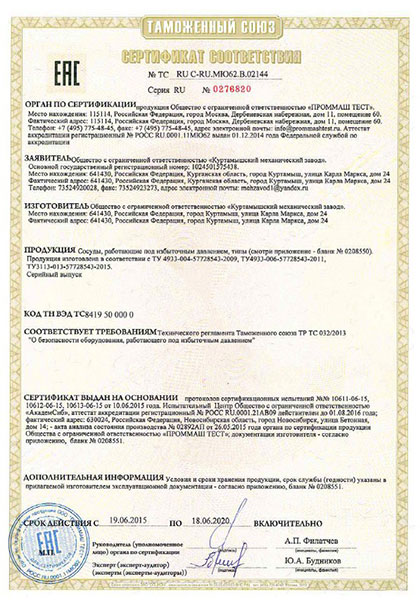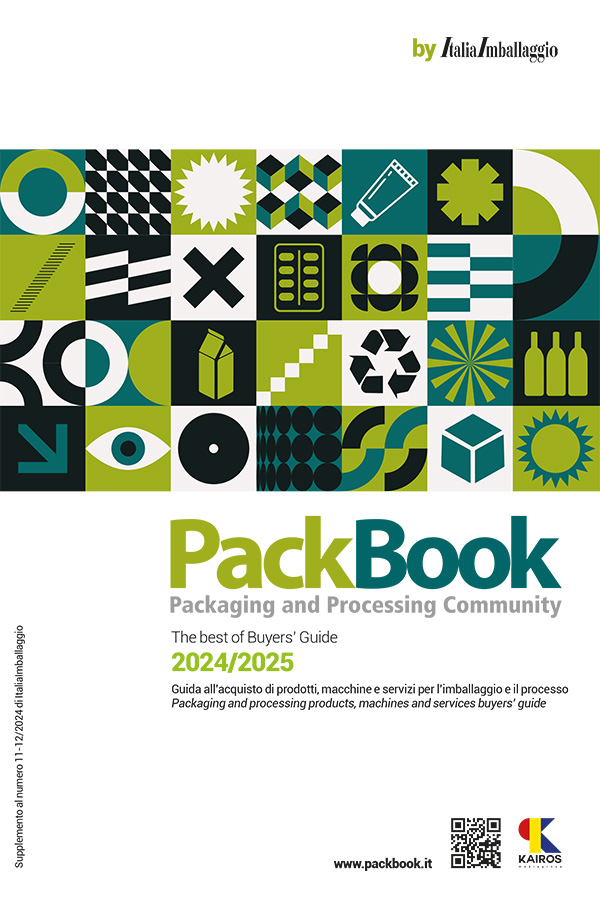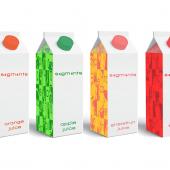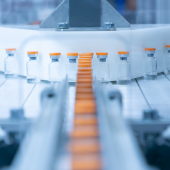Export of machinery to Russia: the EAC news
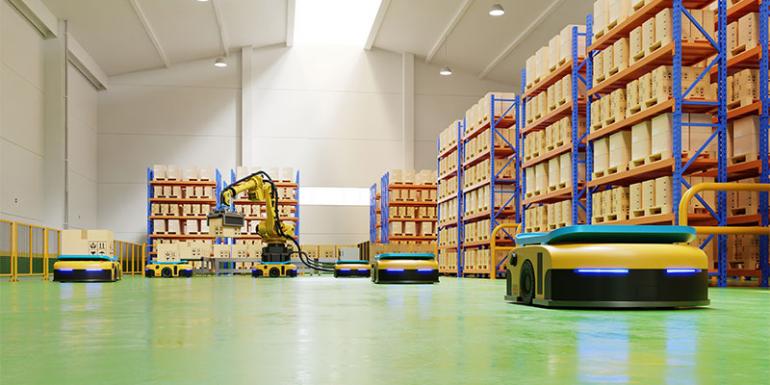
AC&E supports companies in complying with the complex and constantly evolving regulations for exporting industrial machinery and electrical equipment to Russia and the Eurasian Customs Union, a growing market that offers excellent opportunities. The latest news on EAC certification.
In order to export to the Eurasian Customs Union (Russia, Belarus, Kazakhstan, Armenia and Kyrgyzstan), companies must obtain product certifications that guarantee compliance with the applicable standards, which are standardized and collected in specific Technical Regulations. These regulations define the minimum requirements necessary for the design, construction, marketing, transportation, installation, use and disposal of many products.
The attestation of conformity of products to the Technical Regulations applicable to them takes place through a “Declaration of Conformity EAC” or a “Certification of Conformity EAC”, registered by the agent or an accredited certification body.
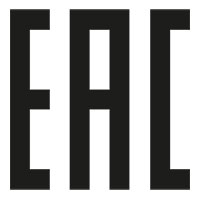
How to fulfill the obligations
Italian companies intending to market their products in Russia and the Customs Union can count on the support of AC&E which, thanks to the ACE-RU branch based in Moscow, is also able to play the role of the authorized representative, responsible for the certified product for exporting companies.
In order to place products and machinery on the Eurasian market, in fact, companies must appoint their own representative under Russian law, called applicant, through a contract of mandate. This person acts as the manufacturer’s representative, answering to the local authorities for the conformity of the products to the requirements of the Technical Regulations, as well as for any damage caused by the products introduced into the target market.
Responsibilities are defined in Art. 28 of the Russian Federal Law No. 184-f3 of 27-12-2002, which states that the agent, when applying for and obtaining a certificate or declaration EAC, becomes responsible for the certified product. The agent company of a machinery manufacturer is also entitled to request access to the entire technical file of the declared or certified compliant product. In this regard, it is worth noting that ACE-RU, acting as an agent for Italian machinery manufacturers, is committed to ensuring the utmost protection and confidentiality of the company’s know-how data.
The aim of the Russian legislator - explains Valeria Vergalli, Eurasian Project Manager of AC&E - is to make more effective controls and sanctions towards those who import products potentially harmful or dangerous for consumers in the Customs Union. Due to regulatory complexities and customs controls, Customs Union customers themselves ask Italian suppliers for documents in Russian and valid according to local regulations. We advise our customers to involve us before the supply, still in the contracting phase, to analyze the required conditions, so as to avoid nasty surprises or delays once the export procedure is started
.
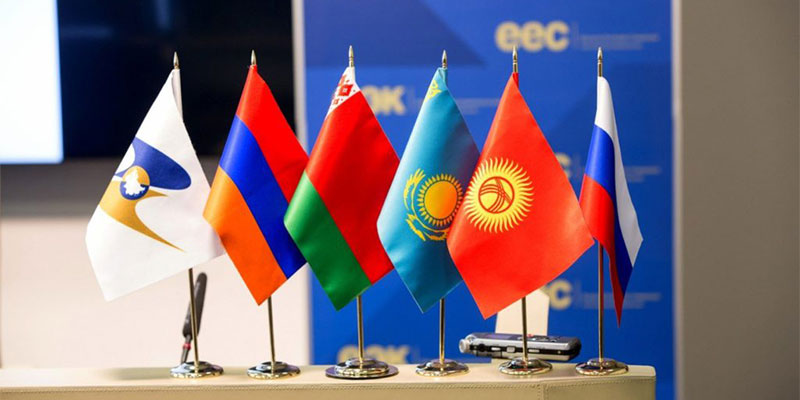
In conclusion
Matteo Marconi, CEO of AC&E and technical manager of the laboratory, underlines the potential and the excellent business opportunities that this market basin can offer to Italian manufacturers: The market for exports of Italian machinery to Russia is growing. In fact, Made in Italy equipment is considered synonymous with the highest levels of quality and this is a strong point for the export of our products. Attention to innovation and technological development has grown and the topic of Industry 4.0 is increasingly frequent in public and sectoral debate. Among the main sectors of Italian exports to Russia there is certainly Mechanics and then Chemistry and Pharmaceuticals, Fashion System, Agri-food and beverages, Home System (building/furniture)
.
What to do to obtain EAC certifications and declarations
